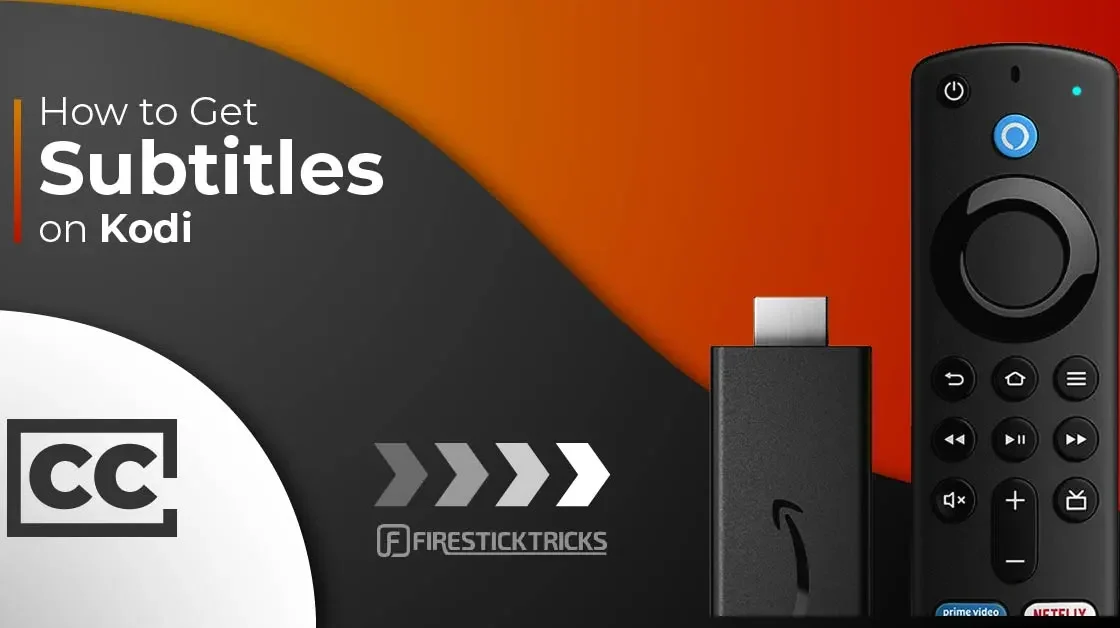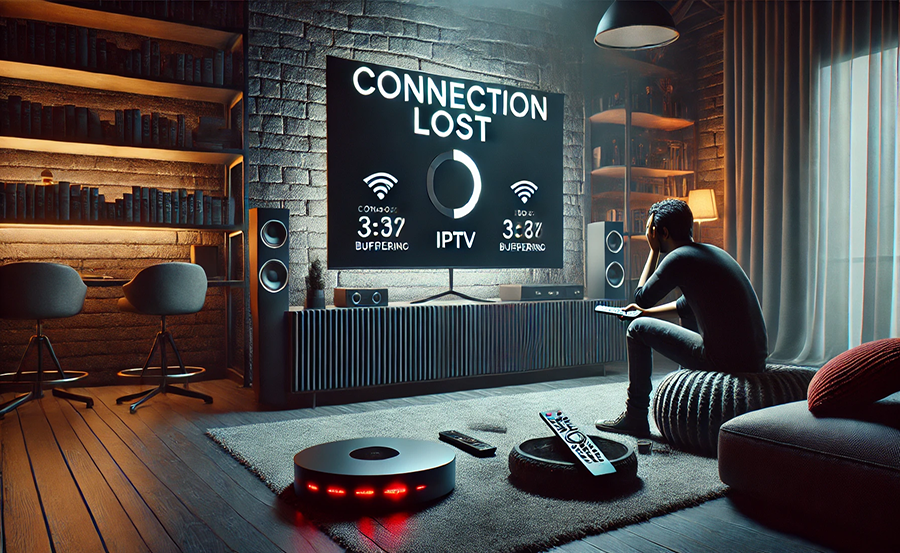
Iptv vs cable tv The advent of IPTV (Internet Protocol Television) is profoundly altering the media landscape, particularly in the context of cable television. Over the past few years, IPTV has gained traction due to its flexibility, accessibility, and modern features that appeal to today’s viewers. This surge in popularity is having a direct impact on the traditional cable TV industry, creating both challenges and opportunities as consumer preferences continue to evolve.
The Impact of IPTV vs on the Cable TV Industry Best in 2024
What is IPTV?
iptv vs cable tv television content through internet networks, allowing users to stream live TV, on-demand content, and other forms of media via internet connections. Unlike traditional cable, which relies on dedicated infrastructure, IPTV uses a flexible network to deliver content to various devices, including smart TVs, smartphones, tablets, and laptops iptv vs cable tv
Key Differences Between IPTV and Cable TV
- Delivery Method: Cable TV uses physical infrastructure such as coaxial cables or fiber optics to transmit content, while IPTV uses internet protocols, making it more versatile and cost-effective.
- On-Demand Content: IPTV allows users to access content on demand, with the ability to pause, rewind, and fast-forward. Cable TV typically follows a rigid schedule, limiting this flexibility.
- Device Compatibility: While cable TV is primarily bound to set-top boxes and televisions, IPTV can be accessed on a wide range of devices, from phones to streaming sticks, giving users more options for how they consume content.
- Customization and Interactivity: IPTV provides a more personalized experience with features like custom playlists, tailored content suggestions, and interactive TV services. Cable TV lacks this level of customization, as it mainly offers predefined channel bundles.
How IPTV is Disrupting the Cable TV Industry
1. Cord-Cutting Trend
One of the most notable impacts of IPTV on the cable TV industry is the rise of cord-cutting. Consumers, particularly younger demographics, are increasingly choosing to cancel their cable subscriptions in favor of IPTV services. The flexibility to watch content on-demand, the availability of a wide variety of channels, and the lower cost of IPTV make it an attractive alternative to traditional cable. According to recent studies, millions of households have already made the switch, significantly reducing cable TV’s subscriber base . iptv vs cable tv
2. Cost Efficiency and Flexibility
Cable TV often comes with high costs due to equipment rentals, long-term contracts, and mandatory bundle packages that include channels viewers may never watch. iptv vs cable tv offers a more flexible pricing model, where users can choose from a variety of subscription options, often with no contracts or hidden fees. The ability to pick and pay for specific channels or services, as opposed to large, expensive bundles, has further fueled the decline in cable TV subscriptions.
3. Improved User Experience
One of IPTV’s most appealing features is its enhanced user experience. With the ability to stream content in high-definition, access on-demand libraries, and use advanced functions like time-shifting and personalized recommendations, IPTV offers a more user-centric approach than cable TV. This enhanced experience is pushing viewers to move away from the rigid, scheduled programming of traditional cable toward the convenience of IPTV. how to find flix iptv
4. Device Agnosticism
Cable TV traditionally ties users to their television sets. On the other hand, IPTV is device-agnostic, allowing users to stream content on smartphones, tablets, laptops, and other connected devices. This portability and flexibility appeal to consumers who want to watch TV on their own terms, whether they’re at home or on the go.
5. Global Access
IPTV allows users to access international channels and content from around the world, without the geographical limitations of cable TV. For expats or fans of global content, this has been a game-changer, making IPTV an attractive option for those looking to access foreign shows, news, and sports that may not be available on local cable networks.
6. Challenges for the Cable TV Industry
While IPTV offers a host of benefits for consumers, it poses significant challenges for the cable TV industry. Cable providers are seeing a steady decline in subscribers as more users switch to IPTV or over-the-top (OTT) services like Netflix and Hulu. This shift has led to revenue losses, prompting traditional cable companies to either adapt or risk becoming obsolete. you can see smart iptv service
Some cable companies are attempting to counter this trend by bundling internet services with TV packages, or by launching their own IPTV services to compete with popular platforms like IPTV Smarter Pro. However, the transition is slow, and many cable providers face difficulty in matching the competitive pricing and flexible content delivery offered by IPTV services. you can see IPTV subscription dubai
Opportunities for the Cable TV Industry
Although the rise of IPTV presents challenges, it also opens up new opportunities for cable providers. By embracing IPTV technology, traditional cable companies can offer a hybrid solution, combining their existing infrastructure with the flexibility of IPTV. This approach could allow them to retain their existing customer base while also appealing to new, tech-savvy consumers.
Moreover, cable companies could also explore partnerships with IPTV providers, integrating their services to offer comprehensive entertainment packages. Some companies are already adopting IPTV technology to provide enhanced features such as 4K content, cloud DVR, and access to streaming services through a single platform.
The Future of Television: IPTV Dominance
The trajectory of IPTV suggests that it will continue to gain market share over traditional cable TV in the coming years. As internet speeds increase and 5G technology becomes widespread, IPTV’s ability to deliver high-quality, on-demand content will only improve. This shift will likely lead to more cable TV providers adopting IPTV technologies or pivoting to offer IPTV-exclusive services.
The convenience, flexibility, and cost-effectiveness of iptv vs cable tv make it a powerful alternative to cable TV, and as consumers continue to prioritize these features, IPTV is set to play a dominant role in the future of television. you can see all iptv subscription
Conclusion: The Shift from Cable vs IPTV
The impact of IPTV on the cable TV industry is clear—viewers are shifting away from traditional television toward more modern, flexible alternatives. IPTV’s ability to offer on-demand content, access to global channels, and seamless streaming across multiple devices is revolutionizing the way people watch TV. For cable TV providers, adapting to these changes is no longer optional—it’s a necessity for survival in a rapidly evolving digital landscape. As IPTV continues to grow, iptv vs cable tv is set to reshape the future of entertainment, marking the end of cable’s longstanding reign our all details iptv vs cable tv.



